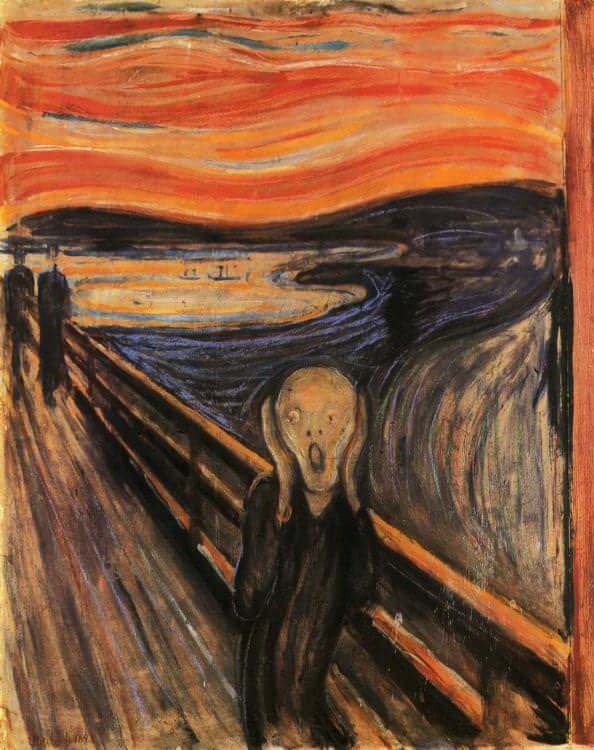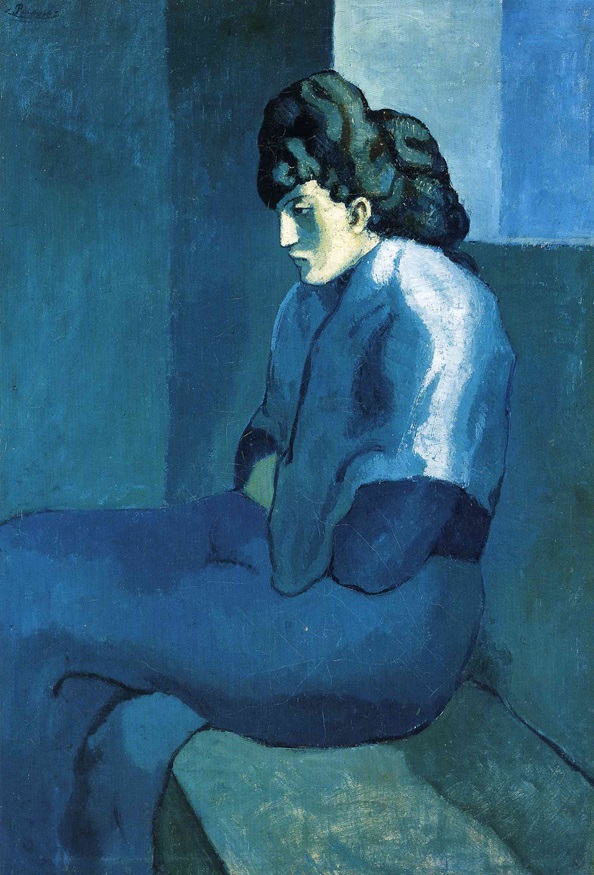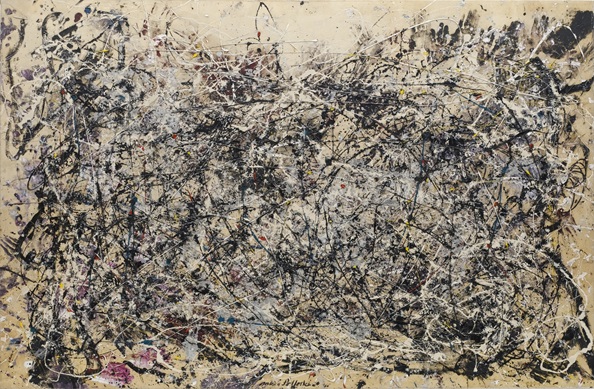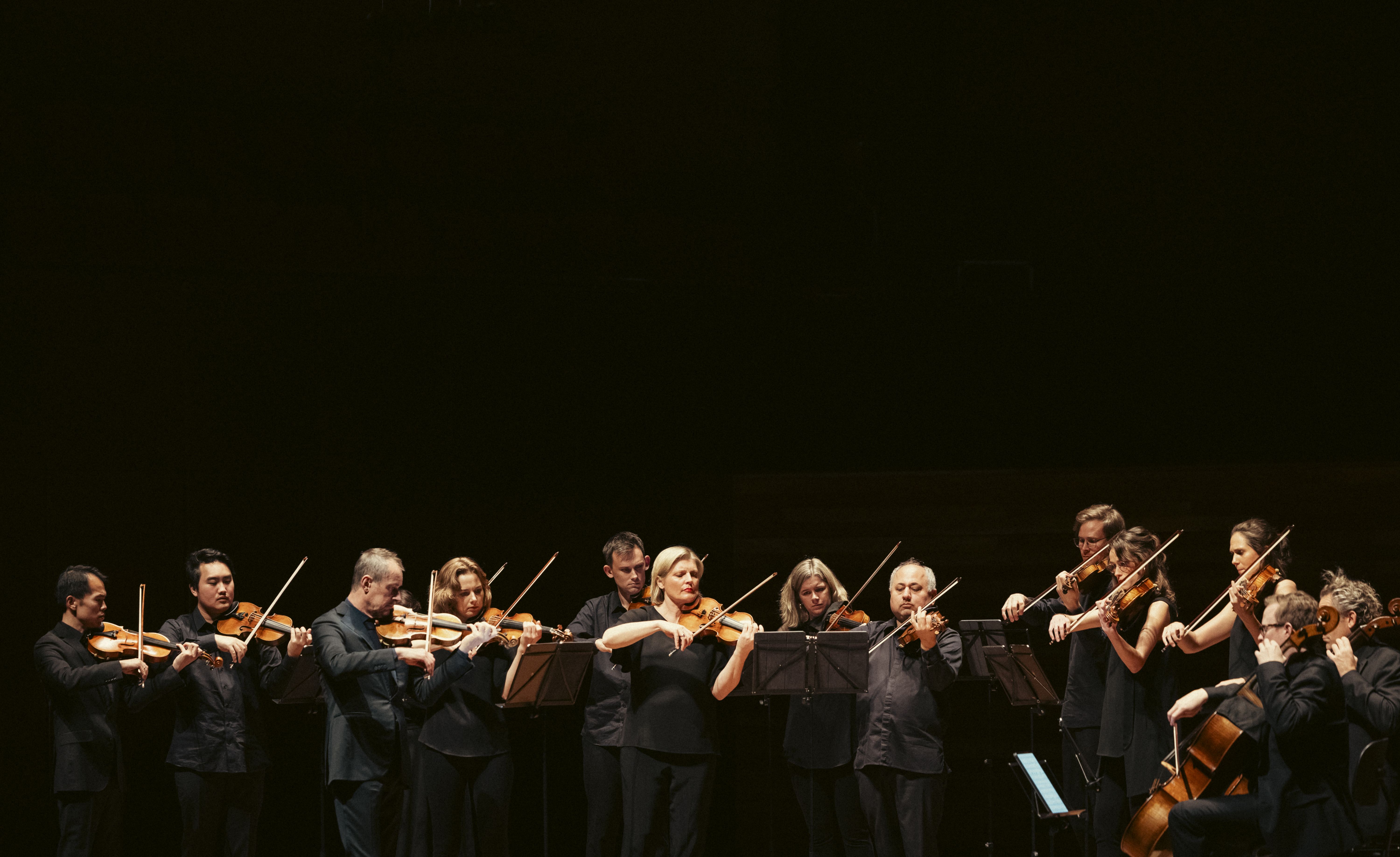
Length of activity
- 20 minutes + extra time for the art activity.
You will need
- Print out of the student worksheet (or blank paper if you can't print)
- Pencil
- Screen or device, with access to the video below or click here to launch the video on YouTube
- Art materials – blank paper, coloured pencils, pens or textas
Video lesson
Print out the worksheet and have it in front of you or have some blank paper and pencil where you can copy down the questions and your answers.
Play the video and fill out the questions in the worksheet, matching the ‘emotion’ words to the music that Sharon plays. (Pause or rewind the video if you need to hear the music multiple times).
Visual Art & Emotion
On the worksheet, or a blank piece of paper, brainstorm as many words as you can that describe ‘emotions’.
Now look at the artworks linked below and try and describe the emotions you feel when you look at the painting, or what you think the artist might have been feeling.
Edvard Munch: The Scream
Pablo Picasso: Melancholy Woman


Music & Emotion
Listen to the following clips from the Australian Chamber Orchestra and think about how they make you feel or what kind of emotion you can hear in the music. You might like to close your eyes while you listen.
dimitri shostakovich: chamber symphony
ralph vaughan-williams: the lark ascending
gustav mahler: song of the earth
Art Activity
Choose one of the three music clips above (or choose your own piece of music), and while you are listening to it, create an artwork that expresses the emotion of the music. It can just be an abstract use of lines and colours, or you could draw a picture of a scene or a person.
Think about the following:
- Colour – what colours would best express your emotion? E.g. happy might be yellow and orange, angry might be black.
- Texture – would you use think or thin lines, light or heavy colour to express your emotion?
Additional Information
Click here to find additional information about the content of this lesson.
